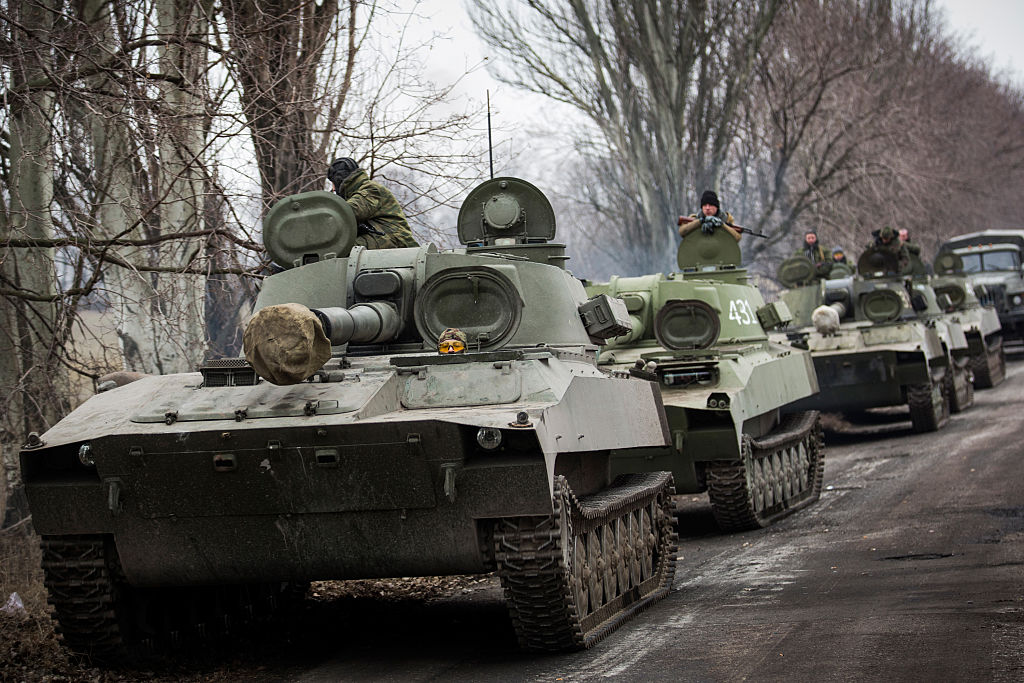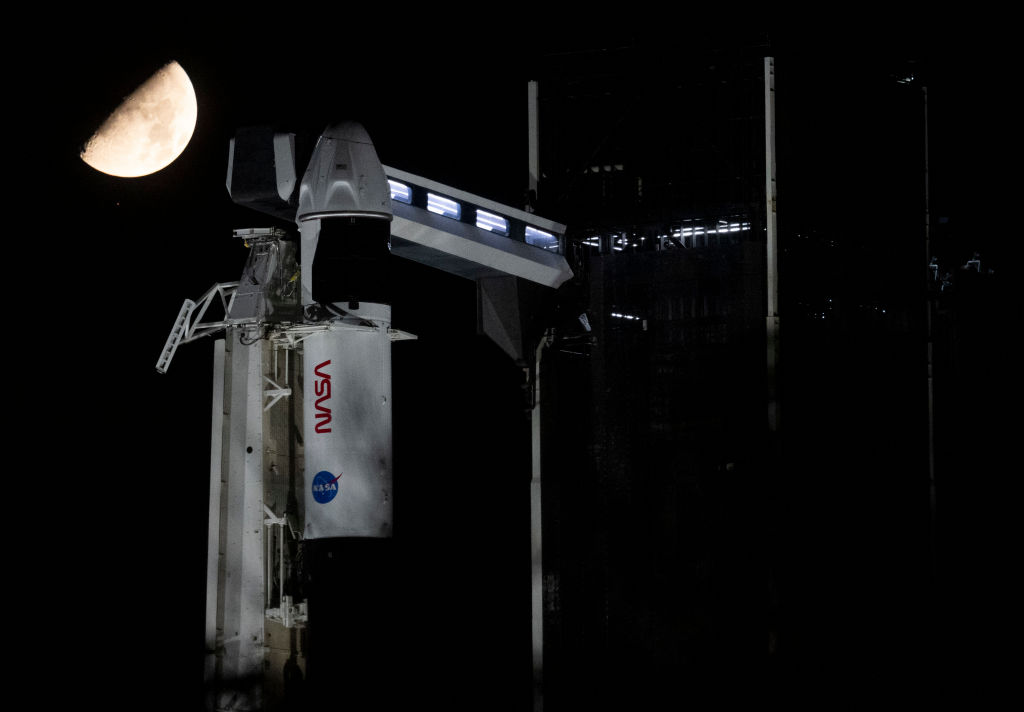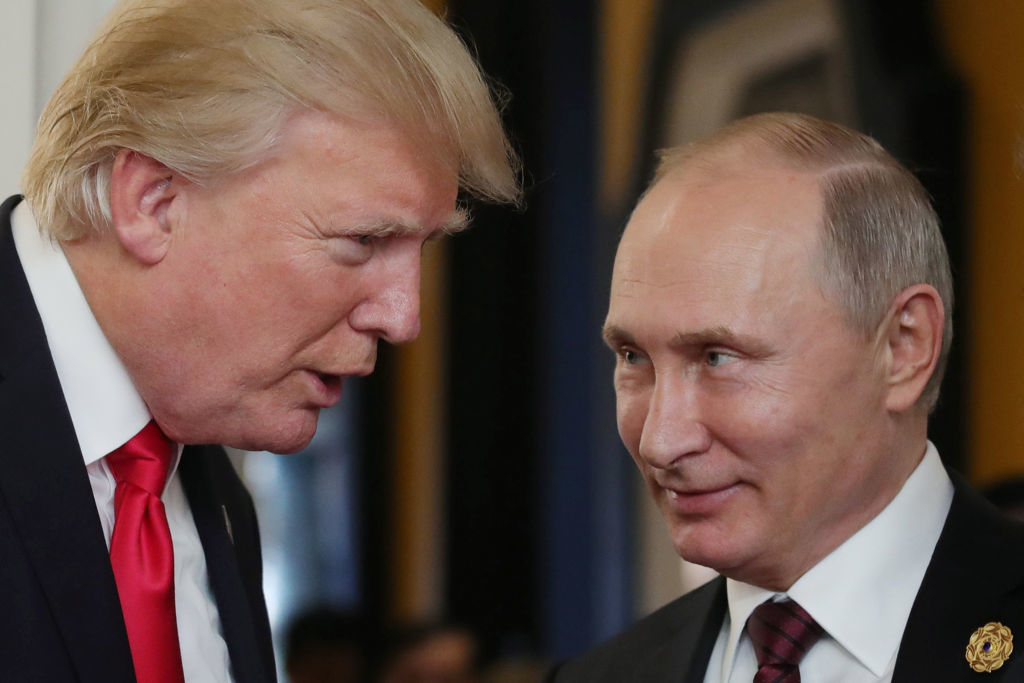Russia is losing the war in Ukraine. So is Ukraine. And so are we.
Imagine the good guys win tomorrow. What exactly will we have won? Ukraine was the poorest country in Europe even before the war. Afterward it will remain as dependent on American dollars as it is now — and on American arms. Russia will not have disappeared, after all.
The last war-torn and impoverished country that required open-ended American support was Afghanistan. Yet all the weapons and funds we lavished on Hamid Karzai and Ashraf Ghani failed to keep the Taliban at bay after we left. The money also didn’t help with Afghanistan’s corruption problem. Will it help with Ukraine’s? In 2021, Transparency International ranked Ukraine second only to Russia as the most corrupt country in Europe.
Volodymyr Zelensky, the Western media’s hero of liberal democracy, has banned political opposition. That may be understandable, if still lamentable, in wartime. But who will hold his government accountable after the war? The aim of any war is a superior postwar order. If the White House or global democracy gurus such as Anne Applebaum and Francis Fukuyama can’t offer a credible postwar scenario, we should assume this war will end like most of our others since the dying days of the Cold War.
Even the best of our wars since the End of History began have left us worse off. America backed freedom fighters defending their country against the Russians in the 1980s, but the Soviet Union’s loss in Afghanistan ultimately cleared the way for the Taliban’s victory. And Taliban-controlled Afghanistan hurt us on September 11, 2001, in a way the Soviet Union and its satellites had never dared.
The 1991 Persian Gulf War seemed like a total triumph at the time. Yet the war continued long after Saddam Hussein’s invasion of Kuwait had been repelled in the form of no-fly zones enforced by American airpower. Our military presence in Saudi Arabia enabled Osama bin Laden to recruit enraged Islamists into al-Qaeda to wage campaigns of terror against us. America’s failed occupations of Afghanistan and Iraq were consequences of our earlier war to defend Kuwait.
Suppose Putin goes the way of Iraq’s Saddam Hussein or Libya’s Muammar Gaddafi. That would be a good thing in itself — what would not be good, however, would be for Russia to go the way of Iraq and Libya. How prepared are Europe and the United States for a Russian civil war or a descent into anarchy?
It’s not as if the peaceful end of the Cold War has nothing to do with the conditions that gave rise to Putin. The Soviet security apparatus did not dissolve with the Soviet state itself. While some degree of democracy took root in the post-communist environment, so did oligarchy and gangsterism. It’s not clear how losing a war where the stakes include such vital interests as the base for its Black Sea fleet will lead Russia to appreciate liberalism at last.
When George Washington and the rest of our great early statesmen urged America to stay out of entanglements in Europe, they were thinking of the Old World’s endless ethnic and sectarian conflicts, the product of centuries of military force and migration mixing populations of conquerors and conquered, with one era’s losers rising again to claim revenge — and reclaim land — in a seemingly unbreakable cycle.
Ukraine, like many NATO members, has a Russian ethnic minority. There are Russian speakers and adherents to the Russian Orthodox faith. There are political collaborators with Putin, too. Will a victorious Ukraine be careful to separate the ethnic Russian sheep from the pro-Putin goats? What responsibility will the US, the armorer and paymaster of Kyiv, be compelled to assume?
These are basic questions. Profound ones lie behind them. Europe, far from taking greater responsibility for its own security, has only increased its dependence on the United States. Now Finland and Sweden want to join NATO. They ask America to shoulder the burden of their defense. The Ukrainians demand the same thing, and there’s no reason they should stop short of demanding NATO membership for themselves.
The rationale for America’s support for Ukraine, after all, is that Ukraine is the first domino, and if it falls, the next might be a NATO member. America has the alliance to help us fight wars — the official line is that our allies are vital to our own security — but we have to fight wars to protect the alliance. And as our allies increase, the perimeter we must defend increases, too. Ask not where this stops but whether it ever does.
America is called upon to be the world’s policeman at a time when American policemen aren’t allowed to keep order in our own cities. Our parties believe democracy and constitutional government are fraying at home, yet also believe we can mobilize our people and their taxes to bring order to Ukraine, Russia and the South China Sea. Our republic was designed to serve the American people. Our leaders want the American people to serve the world. Americans themselves have only a limited willingness to do so, and when leaders like George W. Bush surpassed that willingness, the result was the election of a mildly antiwar Democrat, Barack Obama, and then a wildly anti-establishment Republican, Donald Trump.
We tried to take responsibility for the Middle East and failed. Now we’re trying to take responsibility for Europe, Ukraine and by extension Russia. An America that remains a republic will ultimately have to let Europe police Europe and Asia police Asia.
This article was originally published in The Spectator’s April 2023 World edition.

























